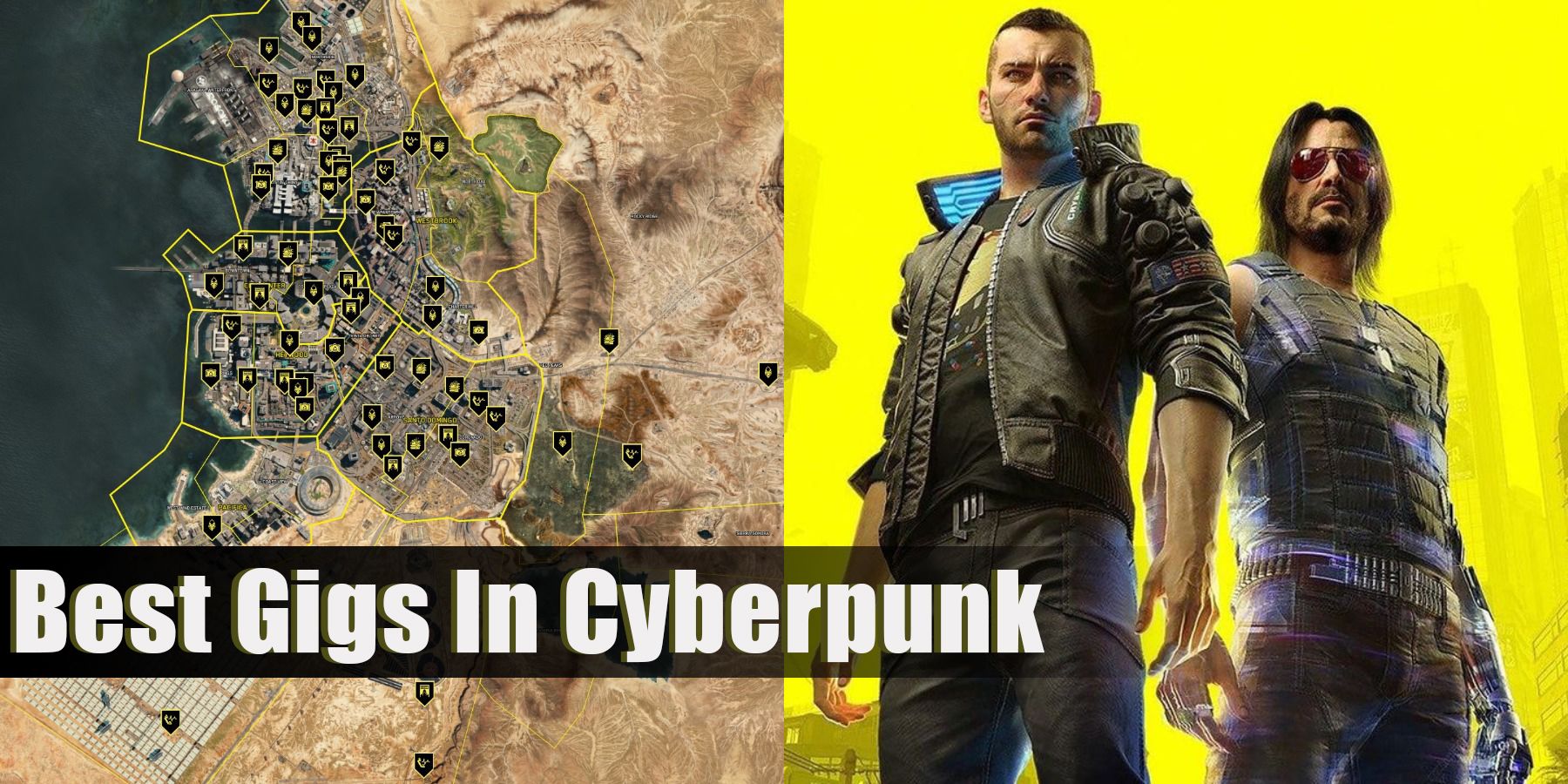After playing Persona 5 Royal, I had to see what kind of critiques others had come up with for the game. There are very few critiques I have for it myself, so I was genuinely curious what others had to say. The game has been received incredibly well, with a 95% on Metacritic and a 10/10 on IGN. So where do its faults come in?
Persona 5 Royal is a turn-based JRPG, and it’s certainly one of the best. There is a reason why so many people consider it one of their top games. The characters are interesting and (mostly) likable, the gameplay is fun and not frustrating (looking at you, Darkest Dungeon), and the plot does not leave much to be desired (though I have a couple of qualms about certain aspects of the true end). The plot of the game is really what made it for me, with part of it taking place in the “real” world, and the other half taking place in “Palaces,” or manifestations of “distortion,” which are “strong negative or corrupt thoughts that warp the perceptions of people into a hazard for themselves and others.” This was a fresh, interesting concept right off the bat, and it did not fail to deliver on my expectations.
However, many critiques for the game seem to come from people who don’t fully grasp that most JRPGs are tied to the anime style. Some critiques seems to be of the JRPG genre rather than of Persona 5 Royal itself. After all, Persona 5 Royal really isn’t that over-the-top in comparison to some of the other JRPGs out there.
The first critique I came across was the the game includes too much dialogue. It’s true, there is a lot of dialogue in this game. But if you compare it to many of the anime out there, for example, it isn’t horribly repetitive like most anime are. I could see someone who hasn’t watched any anime coming into this game and finding it too dialogue-heavy, but if you’re used to the genre, it really wasn’t. People who give this critique probably don’t realize that even in comparison to other JRPGs, such as Dragon Quest, the dialogue isn’t overly simplified. Dragon Quest felt way too much like playing a game where the dialogue was written by a teenager, and that wasn’t the feeling that accompanied Persona 5 Royal at all.
Additionally, it’s been noted that Persona 5 Royal includes too many cutscenes. Well, what exactly were you expecting? An anime-style JRPG with a lot of cutscenes seems intuitive to me. The good part about it is that the cutscenes didn’t feel horribly dragged out or pointless. Even some of the Final Fantasy games that had many cutscenes included ones that made me wish it would just end because either they weren’t needed or they dragged on too long. Persona 5 Royal was story-heavy, and the many cutscenes simply added to it.
Another complaint I’ve seen more than a few times is that the game tricks you continuously into thinking that each battle is going to be the last battle, but it actually isn’t. Yet, this is so common with anime. In fact, in many anime, every single arc or major battle has a “save the world” feel to it, because that’s just a trademark of the style. It is also common in other JRPGs to feel like you’re on a quest to save the world, only to find out that there is yet another big, bad boss out there for you to defeat.
I don’t think these types of critiques warrant this kind of attention. What does warrant some criticism, for example, would be the true ending. Persona 5 Royal was an amazing game, but the ending (without going into spoilers) left something to be desired. Perhaps it was left open-ended for sequel purposes, but this left many feeling disappointed. That being said, the game is certainly worth the playthrough, despite any nitpicking on the end of it. If you’re an anime fan especially, you will likely have zero issues with the gameplay throughout.
Next: Why A New Metroid Game Should Not Be Open World
- TheGamer Originals
- Persona 5
- Persona 5 Royale
Source: Read Full Article

